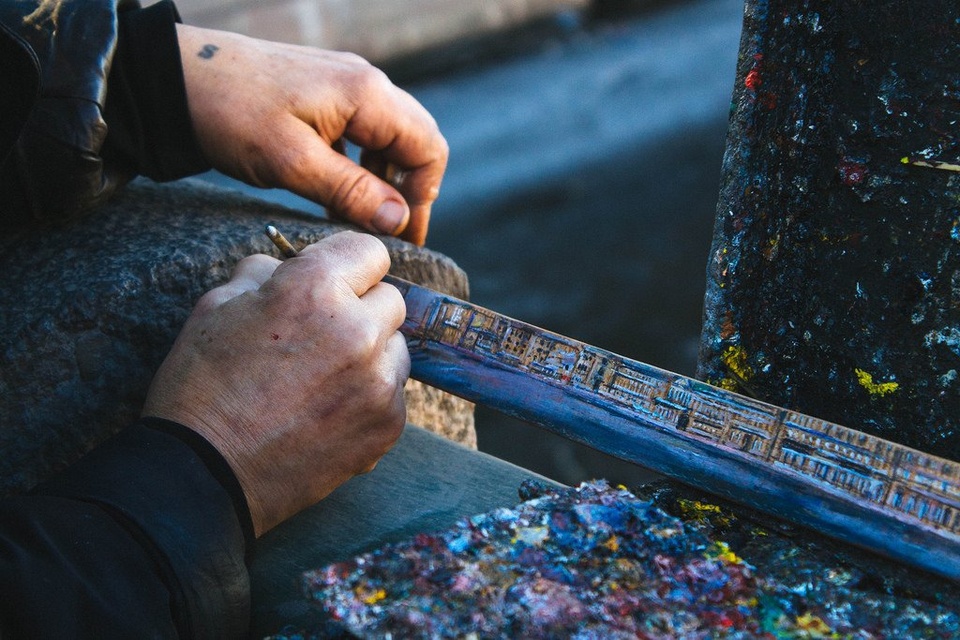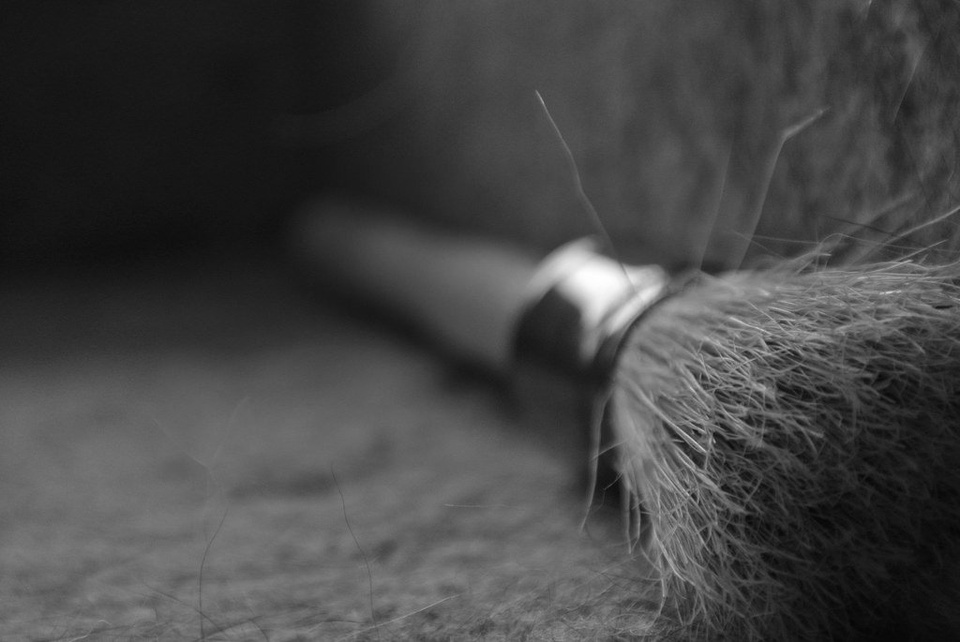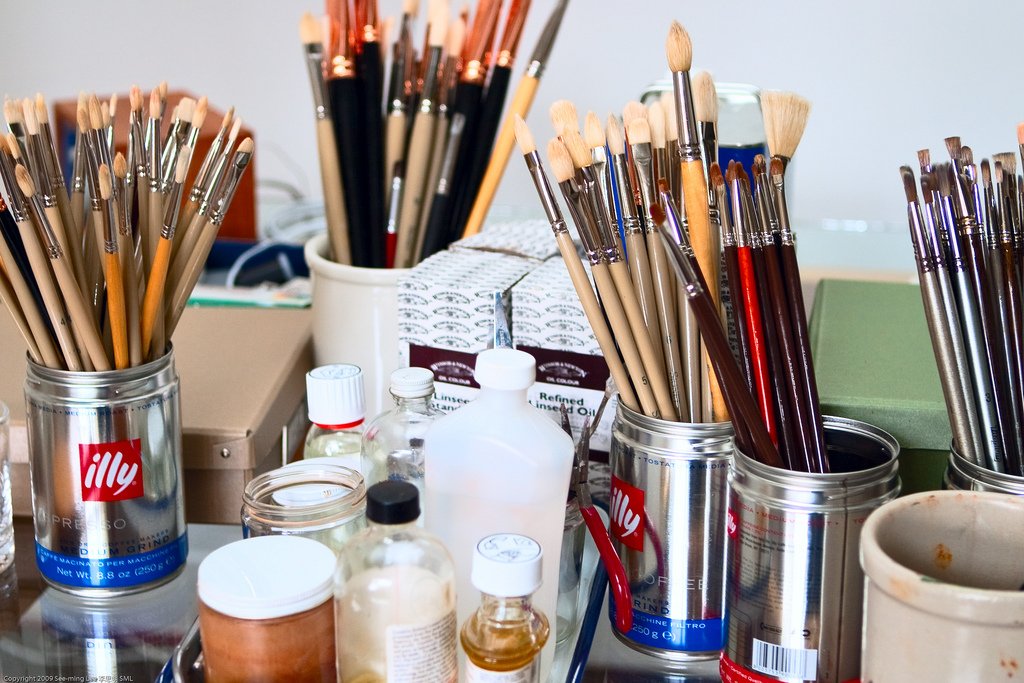
There are many roads to recovery. Sometimes the best fit is an in-patient treatment program, sometimes it’s medication, counseling or a combination of treatments. Art, in all its forms—including playing music, painting, drawing etc., is another tool that many therapists and programs use to help individuals succeed in their recovery. Here are some ways it can help.
e[/embed]
Featured image guilherme pavan
How Practicing Art Can Help With Addiction
Practicing art in all forms can have many positive benefits. Here are some ways it can help with mental health and addiction recovery.

Photo by red line highway
Helps Communication
For people living with a mental illness or are in addiction recovery, it can be hard to share how you feel in words. In fact, it can even be hard to know how you feel. Art helps to release these thoughts and emotions and put them into a form of healthy expression. This is an important step in recovery and moving forward.

Photo by stephentheh
Stress Relief
Put simply, recovery can be stressful. Art therapy allows individuals to play, create and have fun. Even though the steps taken in addiction recovery are important, it’s equally crucial to make space for enjoyment to allow for balance and focus.

Photo by See-ming Lee 李思明 SML
Self Discovery
Addiction recovery requires individuals to dig deep and learn about themselves. Art can help individuals tap into themselves in ways they never knew existed which can create a more well-rounded self awareness.

Photo by Tim RT
Empowerment
When recovering from addiction, an individual can feel like they’ve lost of control. Art allows individuals to problem solve and to find solutions on their own. It serves as an important means of empowerment while on the road to recovery.

Photo by See-ming Lee 李思明 SML








